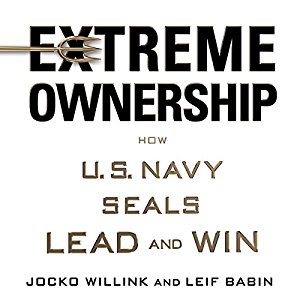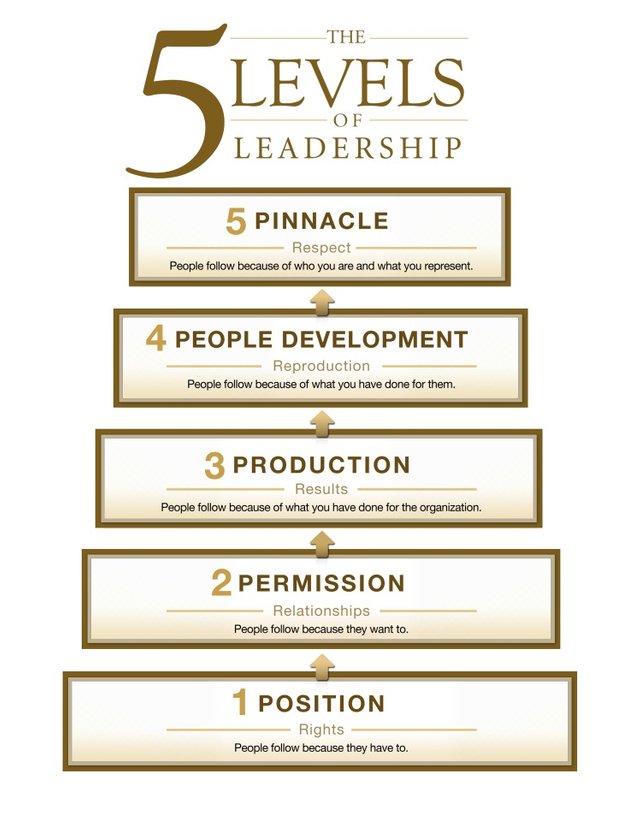Leadership | Key Insight: Extreme Ownership
Dear All
In this post, I will reflect on the first key insight of the book by Jocko Willink: "Extreme Ownership - How US. Navy seals fight and Win*" !

This is the second post of three, each addressing a key question that challenges the first Insight in the book.
Jockos first insight argues that successful Leadership at the end of the day is about getting the job done. In other words, either the mission is a success or a failure. And that this is the true measurement of a leader. This was a very challenging perspective for me to accept at first due to the following questions:
• What if the mission was impossible to begin with?
• What if someone has done everything in their power?
• What if it wasn’t the leaders fault that something went wrong?
The first question was addressed in this post: (steemit.com/leadership/@mikkn/leadership-or-key-insight-1-extreme-ownership-1-3). This post will discuss the second question
• What if someone has done everything in their power?
To undertake an answer i will first look to one of the best leadership mentors in the world: John Maxwell, and his 5 levels of leadership model. 
In this model, Maxwells first premise is that the foundation of leadership is competence within the respective job and trait. For the sake of the argument lets assume this premise to hold, so that we may be able to troubleshoot for more interesting problems than failure by mere incompetence. Lets explore the mindset of the leader instead.
One of the major components of the perspective Jocko presents, is that results based evaluation brings accountability for the outcome. It has been argued by researchers that the largest driver of human behavior are consequences (both good and bad, i.e promotions vs getting fired). When there are no consequences for failure or success, it will reduce the pressure and drive for action on the leader. Results based evaluation completely discounts excuses. Salespeople understand this, if the sale is not closed no pay will be granted. Entrepreneurs understand it, either the company becomes a success or it dies. When no rewards are given for attempts, the game changes.
This leads to the next question, when has a leader truly done everything in their power? The post will adopt the premise that human growth is flexible, and as such any skillset can be improved with time and effort (The main restrictions being time, priorities and opportunity costs). This premise is both encouraging and unforgiving. Encouraging in the sense that it underlines that we can always improve which can bring hope and drive. Unforgiving in the sense that the leader has no excuses and need to troubleshoot and grow the team until success, and do so before the deadline.
With this post I hope to have contributed to the debate. A followup question to consider: Bearing in mind that the leaders job is to get the job done, Where does the boundary end for the leaders responsibility? In which cases can he honestly say there were nothing more he could have done?
Sincerely
Mikk N
*I have zero affiliation with Jocko so the promotion is merely out of true appreciation for the book.